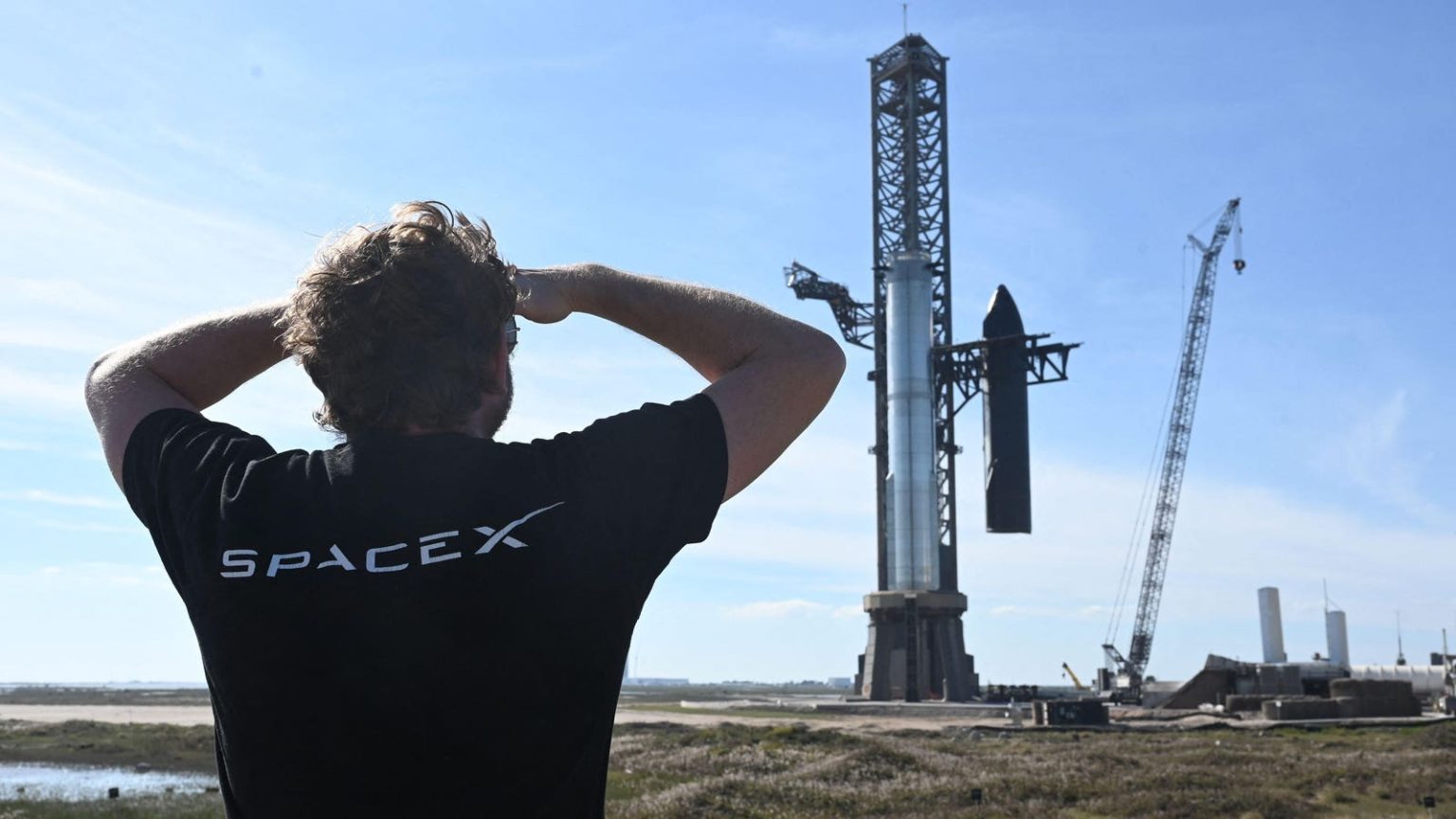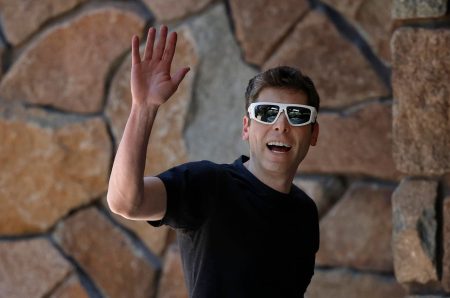SpaceX’s Fourth Starship Test Aims to Perfect Reusable Rocket Technology
Elon Musk’s SpaceX is gearing up to launch its massive Starship rocket for the fourth time on Thursday in a bid to perfect a reusable rocket that will revolutionize access to space. The company has secured approval from the Federal Aviation Administration for the launch, despite the fiery end to its last Starship test. The FAA has determined that there are no safety risks to the public, allowing SpaceX to proceed with another test before completing their investigation into the previous mishap.
The launch window is set to open at 7 a.m. Central Time on Thursday, with Elon Musk targeting a 7:20 a.m. launch, “Texas time.” A live webcast of the launch will be streamed exclusively on SpaceX’s channel on X. The mission will focus on demonstrating the ability to return and reuse Starship and its Super Heavy booster, including milestones such as opening and closing the payload door in space and executing the first reentry from space.
Starship is a critical component of SpaceX’s ambitions to ferry cargo and eventually humans to destinations like the moon and Mars. Reusability is key to making space travel more affordable and unlocking the potential of the space economy. Despite the previous tests ending in flames or crashes, SpaceX continues to improve the rocket based on what they have learned, with the ultimate goal of creating a fully reusable transportation system for crew and cargo missions to various destinations.
Elon Musk has highlighted the importance of developing a reusable heat shield for Starship to successfully navigate reentry heating. This technology, essential for protecting the rocket as it returns to Earth through the atmosphere, poses a significant challenge that SpaceX is working to overcome. Musk believes that with intense effort, they could achieve around 100% reusability for Starship, a milestone that has never been accomplished before in the aerospace industry.
In addition to the advancements in reusable rocket technology, SpaceX has been in competition with Boeing in developing space taxi services for astronauts. While SpaceX has been successful in shuttling astronauts into space for NASA and other organizations, Boeing has faced delays and challenges with its Starliner rocket. On Wednesday, Boeing launched its first crewed test of Starliner, carrying two NASA astronauts to the International Space Station, marking a significant milestone in the competitive landscape of the space industry.
As SpaceX continues to push the boundaries of space exploration and technology, the fourth Starship test represents a crucial step in perfecting reusable rocket technology and unlocking the potential for more affordable and frequent access to space. The company’s relentless pursuit of innovation and reusability has the potential to reshape the future of space travel and make once distant destinations like Mars and beyond more accessible for humankind.













